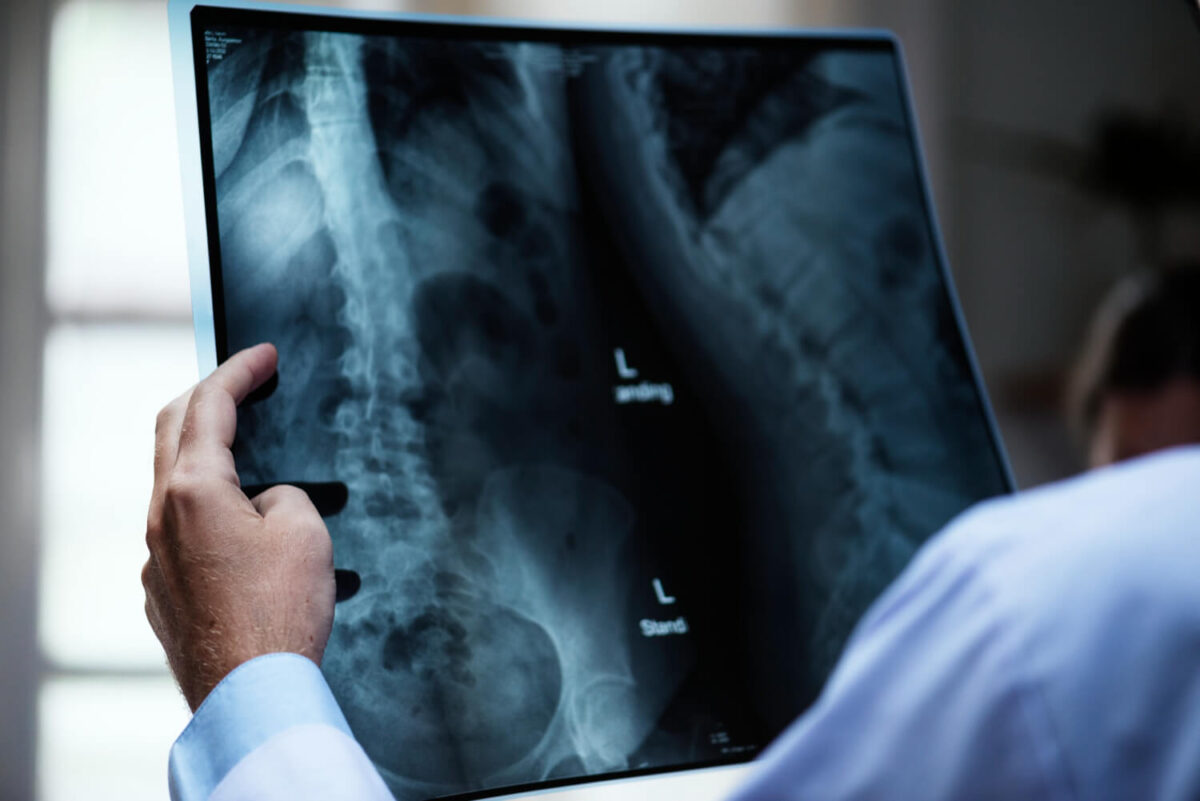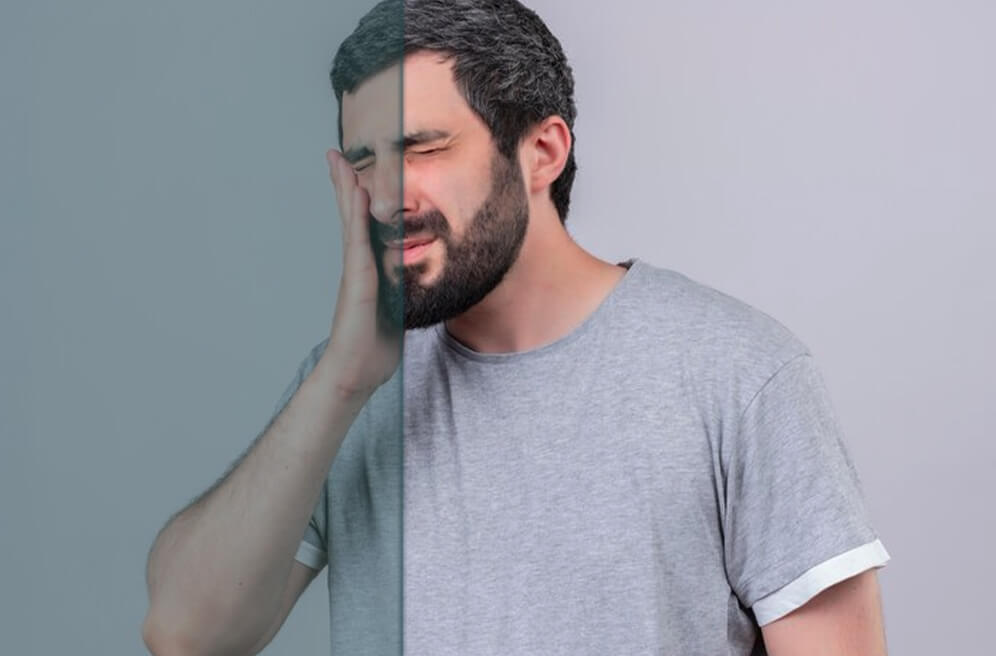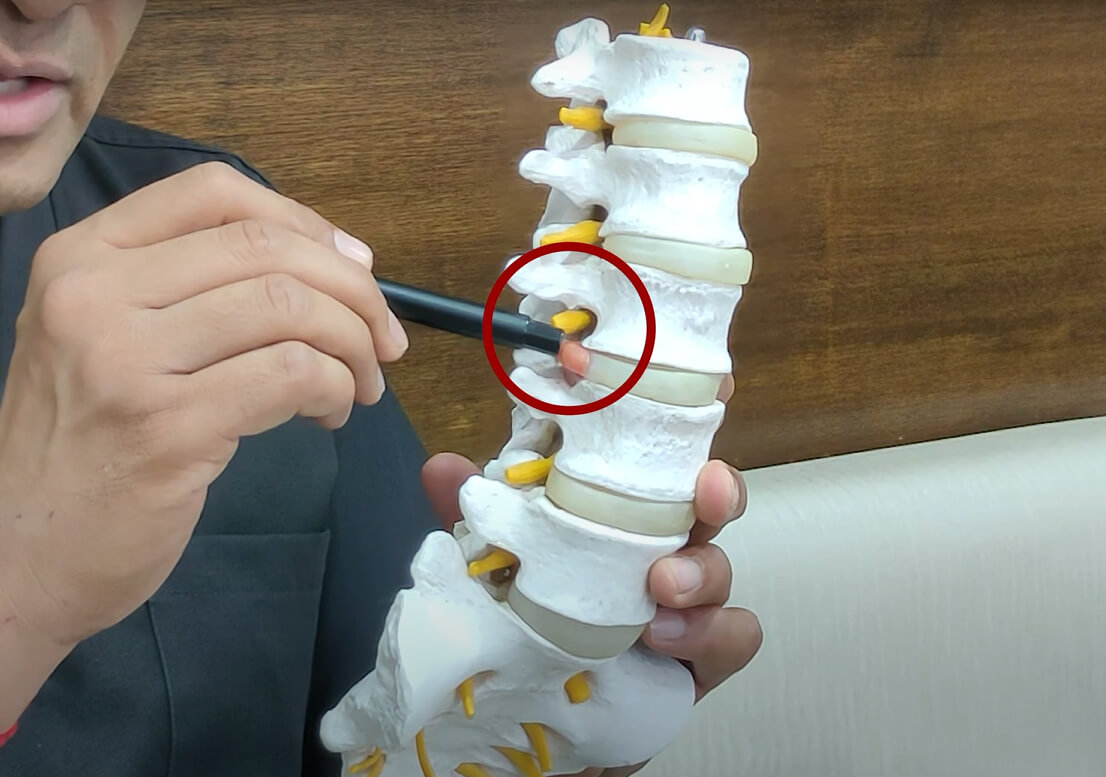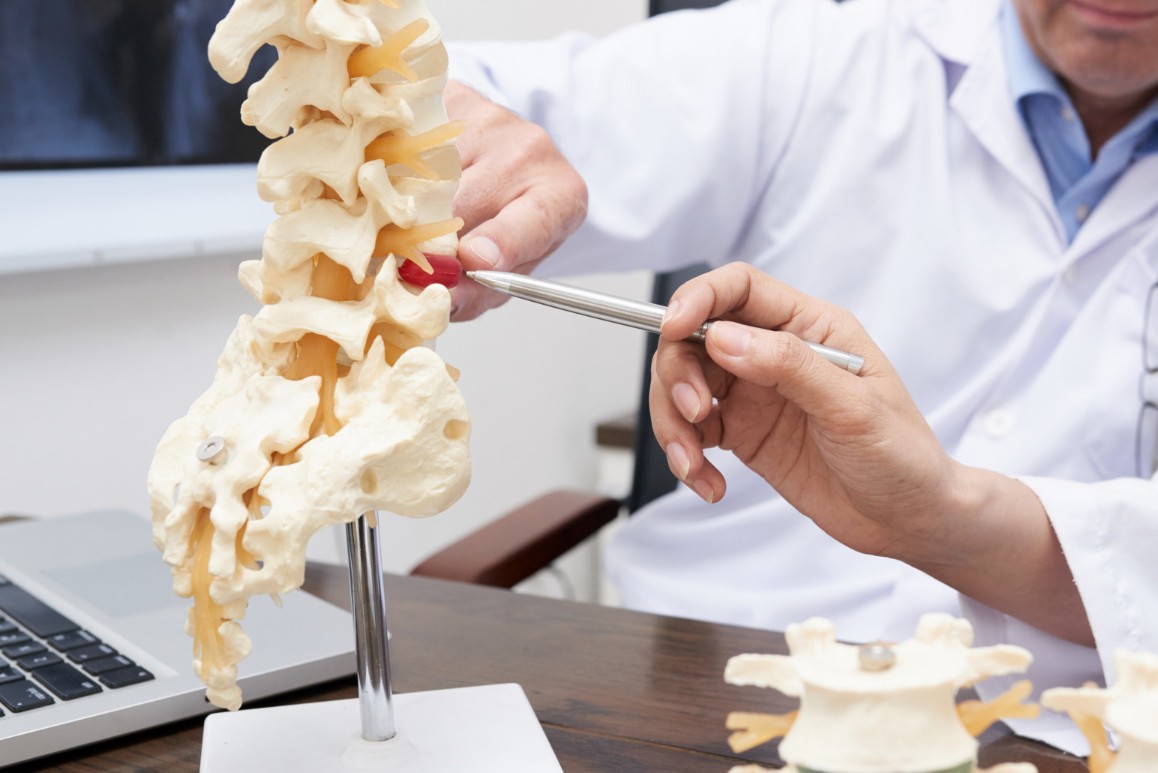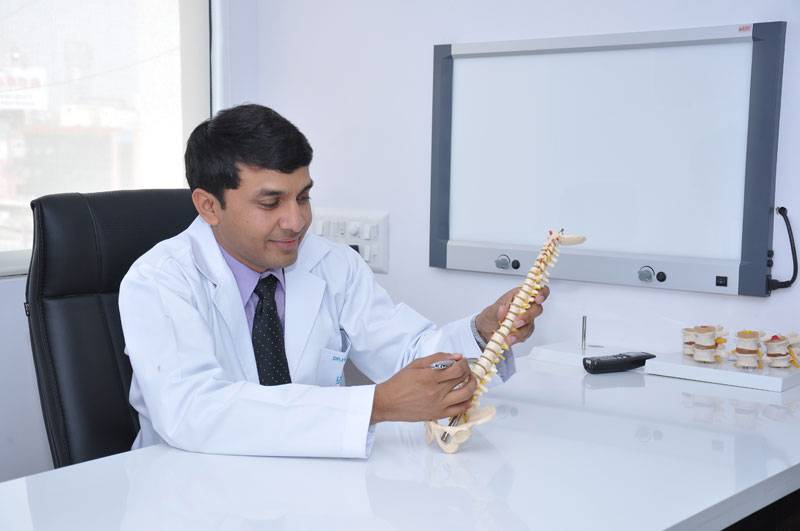Successfully managing back pain is a huge relief, but the journey doesn’t end there. To truly maintain the benefits of back pain treatment and prevent recurrence, adopting specific lifestyle habits is crucial. Think of it as investing in your spine’s future. Here are actionable spinal health tips from experts to help you enjoy lasting relief and keep back pain at bay.
1. Master Your Posture: The Foundation of a Healthy Spine
Poor posture is a silent culprit behind many back issues. Whether you’re standing, sitting, or even sleeping, paying attention to your alignment can make a significant difference.
- Sitting: Keep your feet flat on the floor, back supported (lumbar support is key), and shoulders relaxed. Avoid slouching.
- Standing: Distribute your weight evenly, keep your shoulders back, and avoid locking your knees.
- Sleeping: Opt for a medium-firm mattress. If you sleep on your side, place a pillow between your knees. If on your back, a small pillow under your knees helps maintain the natural curve of your spine.
Conscious posture correction is a vital back pain prevention tip.
2. Move More, Move Right: Smart Exercise for Your Back
Regular physical activity is one of the most powerful tools for back pain prevention. However, it’s not just about any exercise; it’s about the right kind. Focus on strengthening your core muscles (abdominals, back muscles, glutes) and improving flexibility.
- Core Strengthening: Exercises like planks, bird-dog, and gentle crunches (as advised by a therapist) stabilize your spine.
- Flexibility: Gentle stretches for your hamstrings, hip flexors, and lower back can relieve tension. Yoga and Pilates, under expert guidance, are excellent for this.
- Low-Impact Aerobics: Walking, swimming, or cycling keep you active without stressing your spine.
Always consult with a healthcare professional or physiotherapist before starting new back pain exercises, especially after treatment.
3. Ergonomics at Work and Home: Design Your Environment for Your Spine
Your daily environment plays a huge role in your spinal health. Applying ergonomic principles can reduce strain, making it a critical back pain prevention tip.
- Workstation Setup: Ensure your monitor is at eye level, keyboard and mouse are within easy reach, and your chair provides good lumbar support. Take short breaks every 30-60 minutes to stand, stretch, and move around.
- Lifting: Always lift with your legs, keeping your back straight and the object close to your body. Avoid twisting motions while lifting.
- Everyday Habits: Be mindful of how you carry bags (distribute weight), sit on couches (avoid sinking), and even use your phone (avoid “tech neck”).
These ergonomic advice points are simple but powerful in preventing recurrence.
4. Maintain a Healthy Weight: Less Stress on Your Spine
Excess body weight, particularly around the midsection, puts extra strain on your lower back. Even a modest weight loss can significantly reduce pressure on your spinal discs and joints, contributing to back pain relief tips that truly work. A balanced diet combined with regular exercise is the key to achieving and maintaining a healthy weight.
5. Hydration and Nutrition: Fueling Your Spinal Health
While often overlooked, what you eat and drink impacts your entire body, including your spine. Adequate hydration keeps your spinal discs plump and flexible. A diet rich in anti-inflammatory foods (fruits, vegetables, lean proteins, healthy fats) supports overall tissue health and can reduce inflammation that contributes to pain.
Wrapping Up…
By consistently integrating these spinal health tips into your daily routine, you empower yourself to prevent back pain recurrence and enjoy a more active, pain-free life. For comprehensive back pain treatment and personalized guidance, consider consulting LiveWell Hospital – a back pain specialist in Ahmedabad, to learn more about advanced back pain treatment in Ahmedabad.
Looking for best back pain specialist in Ahmedabad?
For accurate diagnosis and advanced back pain treatment in Ahmedabad, visit LiveWell Hospital.
Book your appointment today! | Back Pain Treatment – Success Stories
Source/s: Banner Image by freepik



